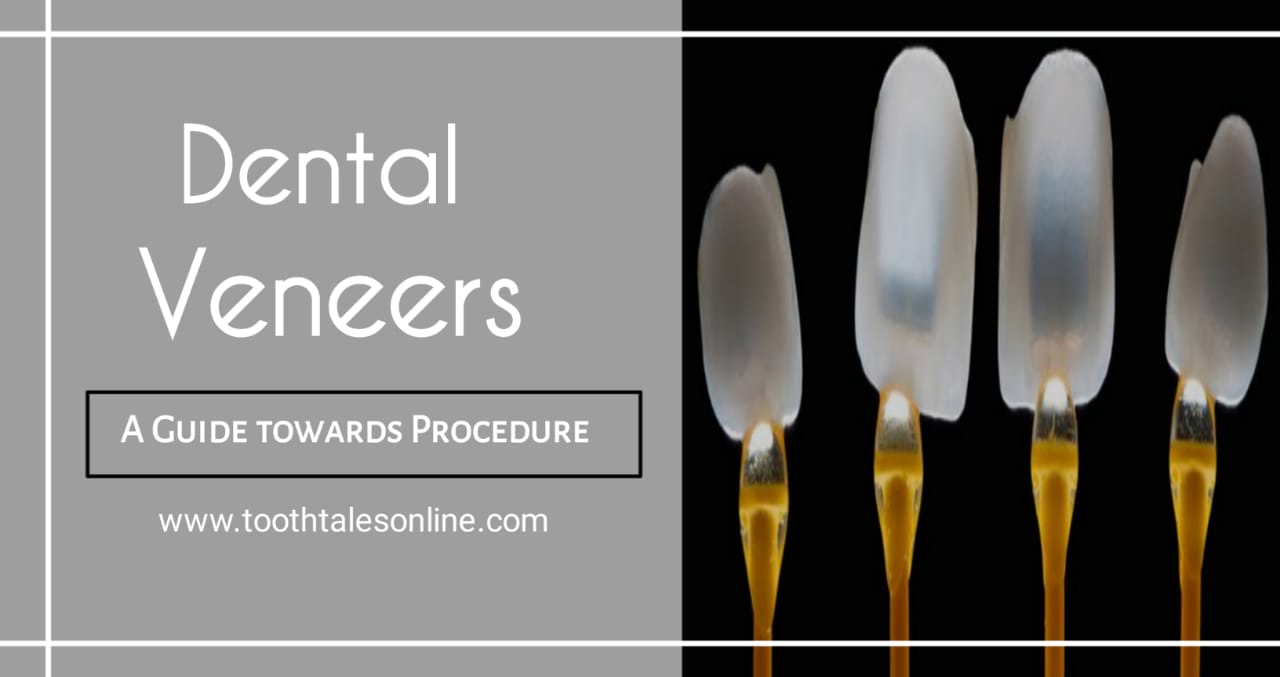Introduction:
Veneers are an excellent way to enhance your smile! These thin covers, made from porcelain or composite resin, are placed on the front of your teeth to give you that perfect, bright look without the need for complicated surgery. Think of it as giving your teeth a makeover! In this article, we will explore everything you need to know about veneers—what they are, how they work, and how they can completely transform your smile.
What Are Veneers?
Veneers work like custom-made jackets for your teeth. They are designed to mimic your natural teeth by matching their color, size, and shape. If you have chipped, stained, or slightly crooked teeth and want to improve your smile, veneers are a perfect choice. Whether you’re looking to fix small gaps, brighten your teeth, or create a more even smile, veneers can do it all.
Types of Veneers:
There are two main types of veneers to choose from: porcelain and composite resin.
1.Porcelain Veneers:
Porcelain veneers consist of thin shells made from strong, high-quality porcelain. These veneers fit perfectly on your teeth and offer a very natural appearance. One of the best features of porcelain veneers is their resistance to stains, which keeps your smile bright for years. Additionally, porcelain veneers tend to last longer, making them an excellent option for a long-lasting smile makeover.
2.Composite Resin Veneers:
On the other hand, composite resin veneers are made from a tooth-colored material that’s directly applied to your teeth. Although they are more affordable than porcelain veneers, they may not last as long. However, composite resin veneers still provide a quick and effective solution for improving your smile.
The Veneer Process:
The process of getting veneers is straightforward and typically requires a few visits to your dentist. Here’s how it works:
1.Consultation:
First, you’ll meet with your dentist. During this consultation, the dentist will evaluate your teeth, discuss your smile goals, and determine whether veneers are the right option for you.
2.Preparation:
Next, your dentist will prepare your teeth for the veneers. This step usually involves removing a small amount of enamel from the surface to create space for the veneers. Fortunately, this process is painless, and your dentist will make sure you’re comfortable throughout the procedure.
3.Impressions:
Once your teeth are prepared, the dentist will take an impression (mold) of your teeth. These impressions are then sent to a dental lab, where your custom veneers are crafted. The lab will design veneers that match the shape, size, and color of your natural teeth.
4.Bonding:
When your veneers are ready, the dentist will bond them to your teeth using a special adhesive. Afterward, they will make any final adjustments to ensure the veneers fit perfectly and comfortably. The bonding process is quick, and you’ll be able to see your new smile right away.
5.Final Results:
After the bonding process is completed, you can immediately enjoy your new smile! Veneers are designed to blend seamlessly with your natural teeth, giving you a flawless look.
Benefits of Veneers:
Veneers come with numerous benefits, making them a popular choice for smile enhancement.
1.Instant Smile Makeover:
With veneers, you can quickly transform your smile. They cover imperfections like stains, chips, or slightly crooked teeth, allowing you to achieve a completely new look in just a few dental visits.
2.Natural Appearance:
Porcelain veneers closely mimic the appearance of natural teeth, even reflecting light similarly. This results in a very natural-looking smile, making it nearly impossible to distinguish veneers from real teeth.
3.Stain Resistance:
Porcelain veneers are highly resistant to staining from foods and drinks such as coffee, tea, or wine. This feature helps maintain a bright, white smile for a long time.
4.Durability:
Veneers, especially porcelain ones, are very durable and can last between 10 to 15 years, or even longer, with proper care.
5.Minimally Invasive:
Getting veneers is a minimally invasive procedure, which means there’s little to no discomfort involved. Plus, it doesn’t require any major dental surgery.
Caring for Your Veneers:
Taking care of your veneers is simple, and the process is similar to caring for your natural teeth. Here are some tips to help your veneers last as long as possible:
1.Brush and Floss Regularly:
Just like with natural teeth, you should brush your veneers twice a day and floss daily to prevent plaque buildup and maintain oral hygiene.
2.Limit Staining Foods and Drinks:
Although porcelain veneers resist stains, it’s still a good idea to limit your intake of foods and drinks that are known to cause staining, like coffee, tea, and red wine.
3.Wear a Mouth guard if Needed:
If you tend to grind your teeth at night, your dentist may recommend wearing a mouth guard. Grinding can damage both your veneers and natural teeth, so a mouth guard will help protect them.
4.Regular Dental Visits:
Visiting your dentist regularly for check-ups is crucial for maintaining the condition of your veneers and overall oral health.
Cost of Veneers:
The cost of veneers can vary based on several factors, such as the material (porcelain or composite resin), the number of veneers you need, and where you live. On average:
- Porcelain veneers typically range from $800 to $2,500 per tooth. While they may cost more upfront, their durability and natural appearance make them worth the investment.
- Composite resin veneers are more affordable, costing between $250 and $1,500 per tooth. However, they may not last as long as porcelain veneers.
Even though veneers can be a significant investment, many find that the long-term benefits of a beautiful, confident smile are well worth the cost.
Last Description:
Veneers offer an incredible solution for anyone looking to enhance their smile. Whether you choose porcelain or composite resin veneers, they provide a natural, bright smile that lasts for years. Veneers can cover imperfections, brighten your teeth, and boost your confidence. If you’re considering veneers, consult your dentist to see if they are the right choice for you.
FAQs:
1.How long do veneers last?
With proper care, porcelain veneers can last 10 to 15 years, while composite resin veneers last around 5 to 7 years.
2.Do veneers damage your natural teeth?
Veneers require the removal of a small amount of enamel, but when done correctly, they do not harm your natural teeth. In fact, veneers protect the front surface of your teeth.
3.Are veneers permanent?
Veneers are a long-lasting solution, but they are not considered permanent. Depending on your oral hygiene, you may need to replace them after several years.
4.Can you whiten veneers?
Veneers cannot be whitened, but good oral hygiene can help keep them looking bright. Additionally, you can whiten the surrounding natural teeth to maintain an overall brighter smile.
5.How do I know if I’m a good candidate for veneers?
If you have healthy teeth and gums and want to improve your smile’s appearance, you may be a good candidate. Your dentist can assess whether veneers are suitable for you during a consultation.






















Add Comment